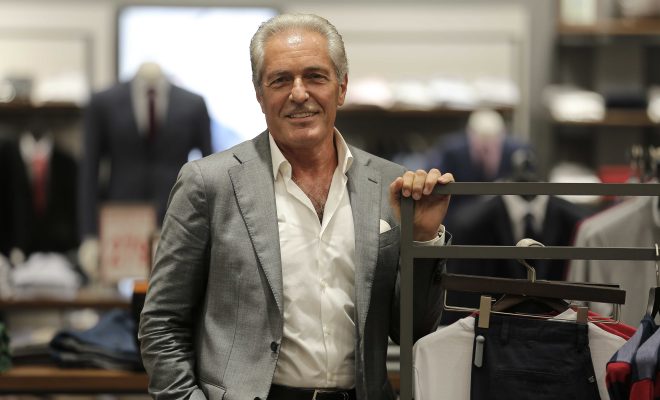
Interviews
Shaping the Threads of Success: An Exclusive Talk with Paul Antaki
In the vibrant world where fashion and finance intersect, few personalities embody the art of weaving success as seamlessly as Paul Antaki. A luminary with five decades of experience, Antaki’s journey through the ever-evolving landscape of couture and commerce has left an indelible mark. In this exclusive dialogue, we delve into the visionary mind that co-founded the Egyptian Fashion & Design Council (EFDC), unraveling the inspirations and insights that have fueled Antaki’s passion for the fashion industry. As we embark on this sartorial journey, anticipate a symphony of anecdotes, advice, and aspirations from a true connoisseur of style and substance.
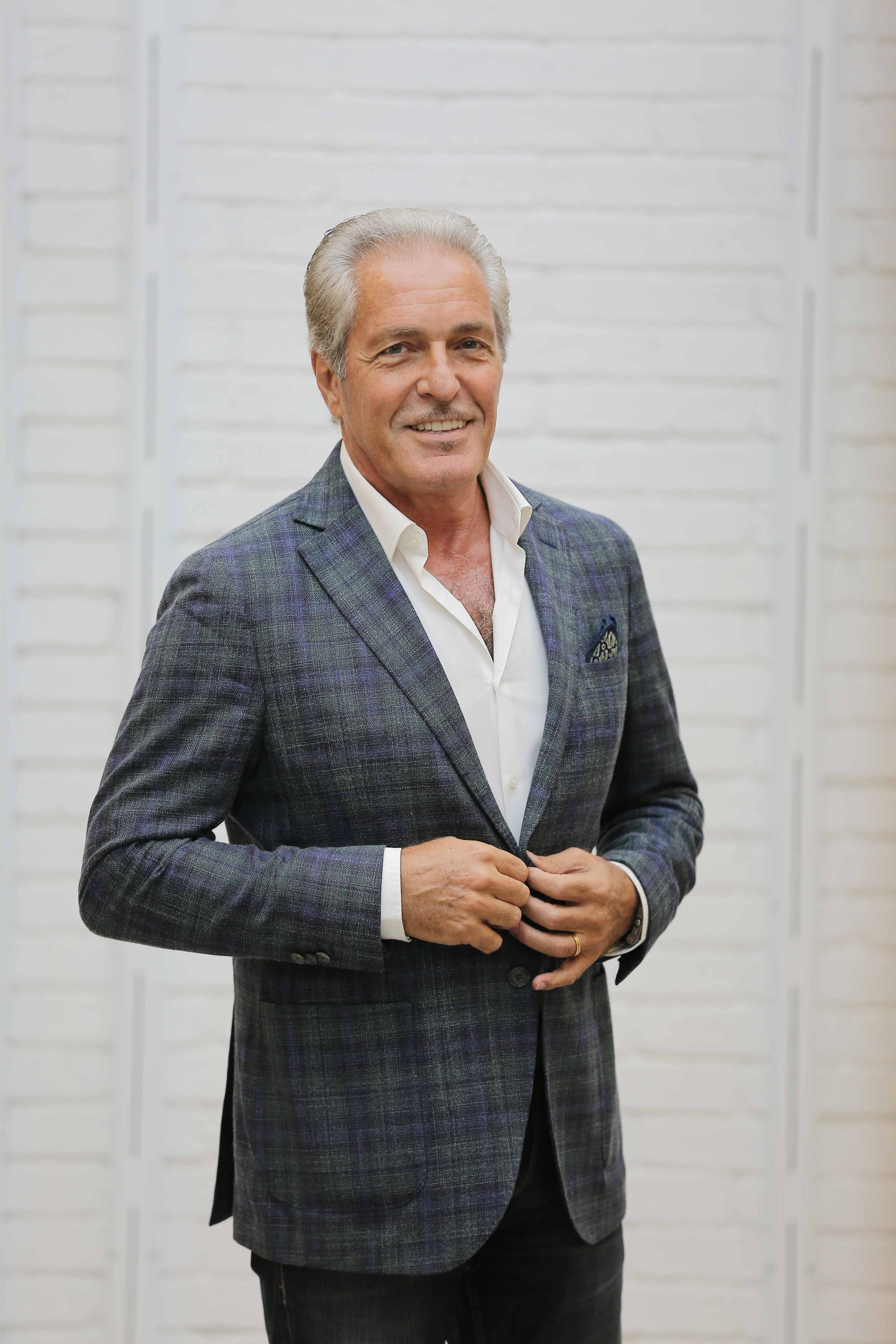
Paul, as a founding member of the Egyptian Fashion & Design Council (EFDC), can you tell us about the inspiration behind establishing this organization and its mission in nurturing and promoting Egyptian fashion and design talent?
Having Started my career in fashion five decades ago ignited a lasting passion. The EFDC was born from discussions among co-founders, aiming to address industry needs. It became clear that our mission should be a comprehensive platform connecting stakeholders through workshops, seminars, and events to foster talent and innovation in Egyptian fashion.
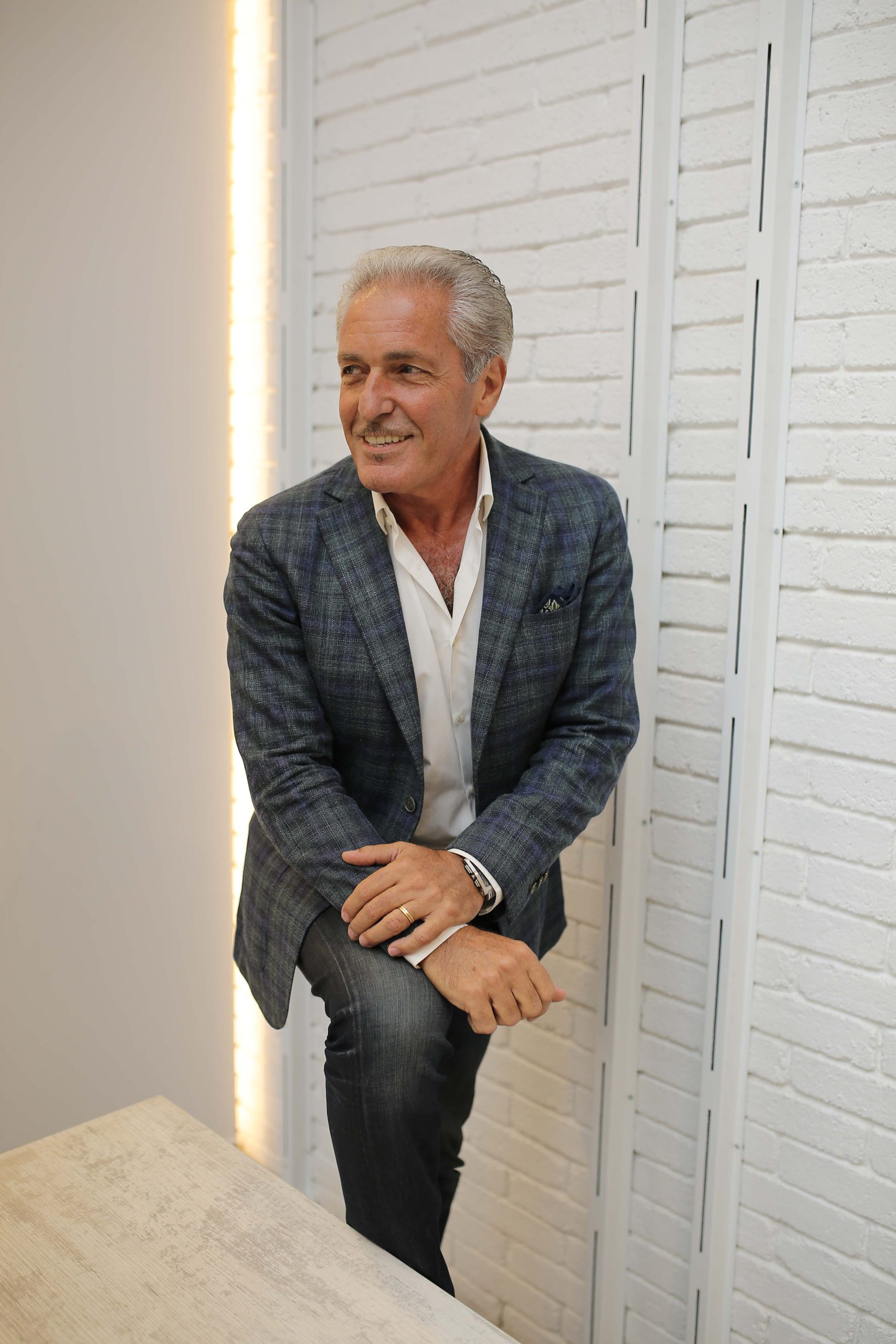
Your journey has led you to become the CEO of Premium International for Credit Services and a board member & shareholder of Consolidated Retail. How has your background and experience in these diverse fields influenced your perspective on the fashion and design industry?
Before becoming CEO of Premium International, I co-founded Consolidated Casuals and Consolidated Retail, forming the manufacturing and retail arms of my fashion business. Prior to establishing these companies, I operated my own small workshop, where I introduced my first ladieswear brand, “BACI,” in the early 80s. It’s crucial to note that I’ve never considered myself a designer; instead, my expertise lies in being a skilled stylist, advising women on radiating elegance. This journey encompassed the learning curve of manufacturing, navigating the multi-brand retail market, and understanding the critical components of success: “the right product, the right time, the right price.” Subsequently, I delved into licensing international brands such as BENETTON, MEXX, NAF NAF, and DANIEL HECHTER, producing them in Egypt, which significantly enriched my understanding of successful companies’ operations. In 2005, with the opening of Egypt’s doors to apparel importation, I transitioned from licenses to creating my own brand, OR, incorporating the experience gained from working with foreign brands. Adding franchises like CONVERSE, MAX MARA, CALLIOPE, and TERRA NOVA, and responding to current importation challenges, I introduced another local value brand, O’ZONE. The synergy between these businesses is evident in my ability to shift from production licenses to local brands and franchises, all facilitated by my 350K+ Premium Card members who buy on credit, representing my potential consumers.
What sparked your interest in both the financial sector and the fashion industry? How have you managed to balance and merge these seemingly distinct areas of expertise in your career?
In 2000, amid the prosperity of Consolidated Casuals and Consolidated Retail, I sought to enhance sales growth and devised a unique approach. Rather than creating conventional discount or points’ acquisition programs, I envisioned a loyalty card offering customers the ability to buy on credit over ten months, interest-free. This innovative idea led to the creation of a commercial credit card, exclusively offered to employees for recovering monthly installments from their pay slips. This endeavor marked the inception of what is now recognized as a Consumer Finance business. The amalgamation of finance and fashion emerged organically, shaping a unique career trajectory.
In your opinion, what sets Egyptian fashion and design apart from the global fashion landscape? Are there any unique elements that make it stand out?
For a considerable period, Egyptian fashion and design existed primarily through personal initiatives from designers with the financial capacity to study abroad and venture into the business upon their return. However, this often resulted in following trends rather than setting them. Azza Fahmy, a pioneering figure, reshaped this narrative by leveraging our culture and heritage to create a distinctive style that resonates both locally and internationally. This gradual transformation highlights our unique elements that position Egyptian fashion on the global stage.
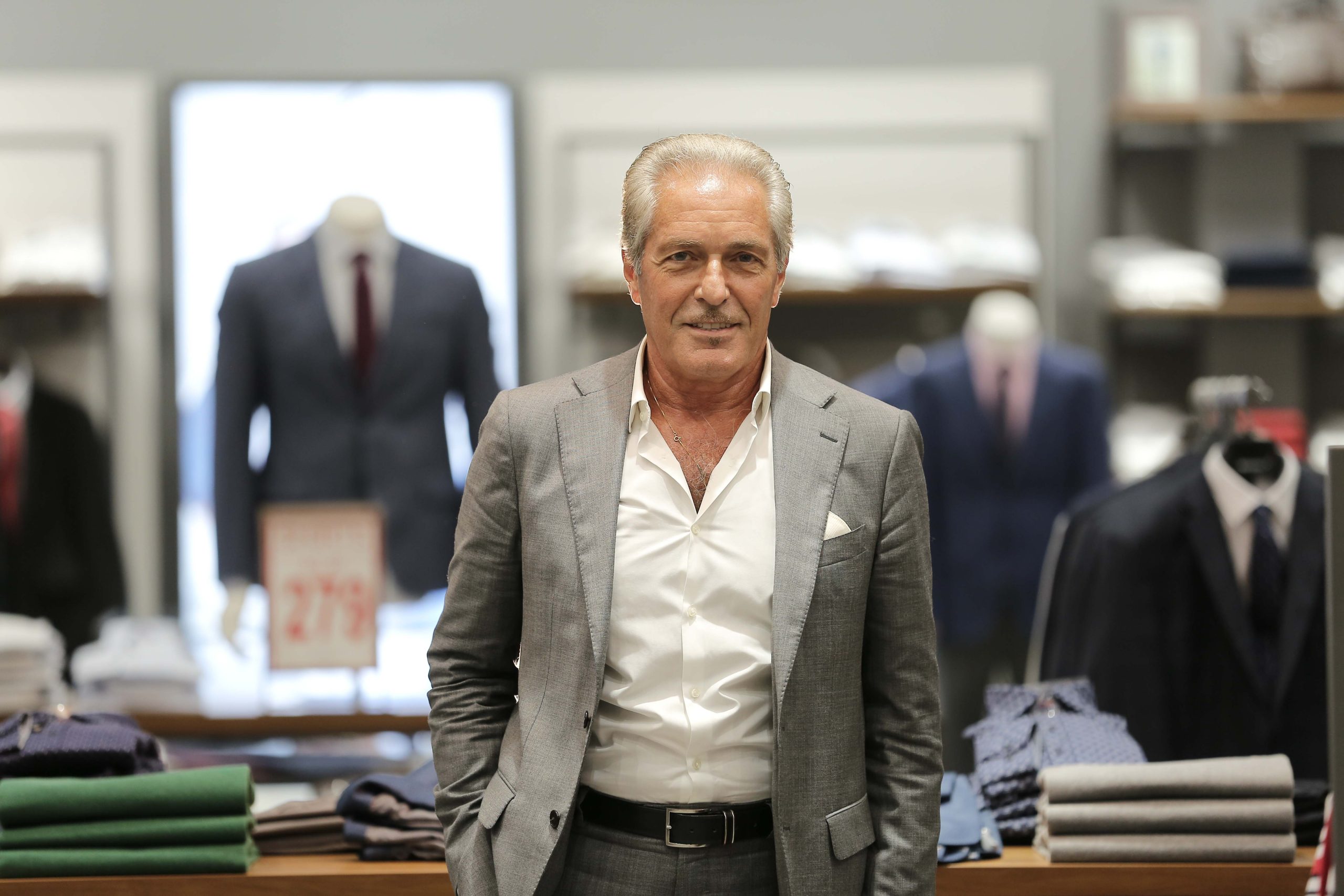
As someone deeply involved in the business side of fashion, what advice would you offer to emerging designers and entrepreneurs looking to break into the industry, especially in the Egyptian market?
Know your market, identify your target consumer, and test your value proposition through events or pop-up shops. Develop a business plan with a one-year lead time from the start of designing. For ready-to-wear, delay manufacturing until reaching a specific quantity per style; for luxury ready-to-wear or couture, begin manufacturing from day one. Allocate a budget for communication before, during, and after the launch. Although it may result in losses during the first year, breaking even in the second year and turning a profit in the third is a common trajectory. Patience, perseverance, and sufficient capital are essential. Remember the laws of success: the right product at the right price at the right time, and if entering retail, location becomes the fourth law. Lastly, passion for what you do is paramount; without it, success may remain elusive.
The EFDC combines professionals with expertise in design, production, retail, export, marketing, media, and public relations. How do these varied backgrounds and experiences come together to support the growth of Egyptian fashion and design talent?
Your question encapsulates it all – among the founders, we encompass all the expertise necessary for any designer’s growth. Through the workshops we offer, we genuinely contribute to the serious development of Egyptian fashion and design.
Could you share a memorable success story or achievement of the EFDC that demonstrates the impact it has had on the Egyptian fashion and design community?
Egypt Fashion Week’s first edition, themed “Past Present and Future,” overcame difficulties. With 134 million TikTok views, 80 million EGP in media coverage, and international guests, its impact was profound.
Fashion is often seen as a reflection of cultural identity. How does the EFDC work to preserve and promote Egypt’s rich cultural heritage through fashion and design?
We follow artifacts and artisans, encouraging designers to incorporate heritage. Pharaonic remains showcase the historical presence of fashion, providing a unique edge.
In your role as a leader in both the financial and fashion sectors, what motivates you to continue contributing to the growth and development of the Egyptian fashion and design industry? What is your vision for the industry’s future, both locally and on the global stage?
Fashion is my first passion. As long as I see the potential in young talents, I will support the industry’s growth. Currently healthy, the industry needs to look south for untapped markets, as the north presents more challenges.
We’re curious about your personal style and fashion preferences. Can you describe your own fashion philosophy and any favorite fashion designers or brands that you admire?
I describe my style as modern classic, drawing inspiration from Italian men’s fashion. While I don’t have a favorite designer, the brand “KITON” impresses me with its quality and sophistication.
As a CEO, board member, and founding member of EFDC, your schedule must be quite hectic. How do you find balance and relaxation in your daily life? Are there any lifestyle habits or activities that help you unwind and recharge?
My daily ritual involves early morning exercise, work, golf on Wednesdays, and sacred weekends for sea, golf, and relaxation.
Lastly, what’s on the horizon for Paul Antaki and the EFDC? Can you give us a sneak peek into any upcoming projects or initiatives that our readers can look forward to?
The horizon holds Egypt Fashion Week’s second edition, titled “Evolution,” on May 10th-13th, 2024. It promises to be an extraordinary showcase of creativity and innovation.

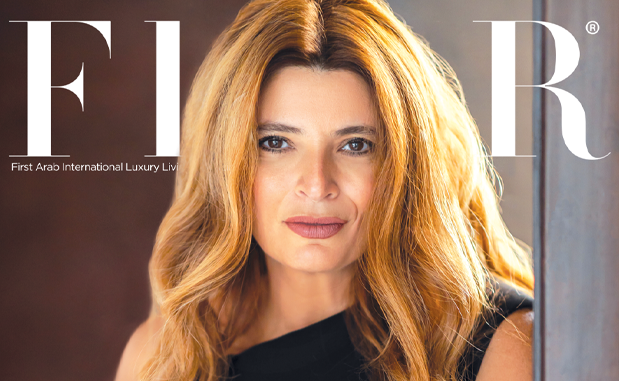


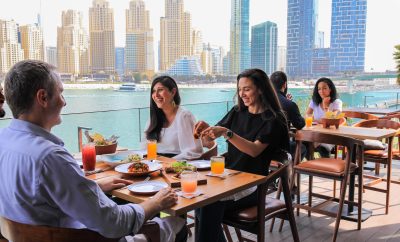

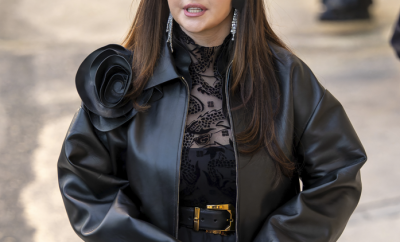
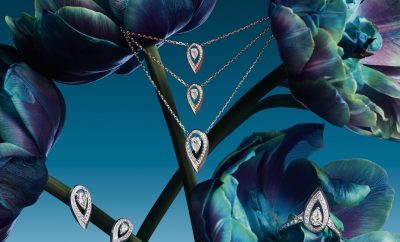





0 comments